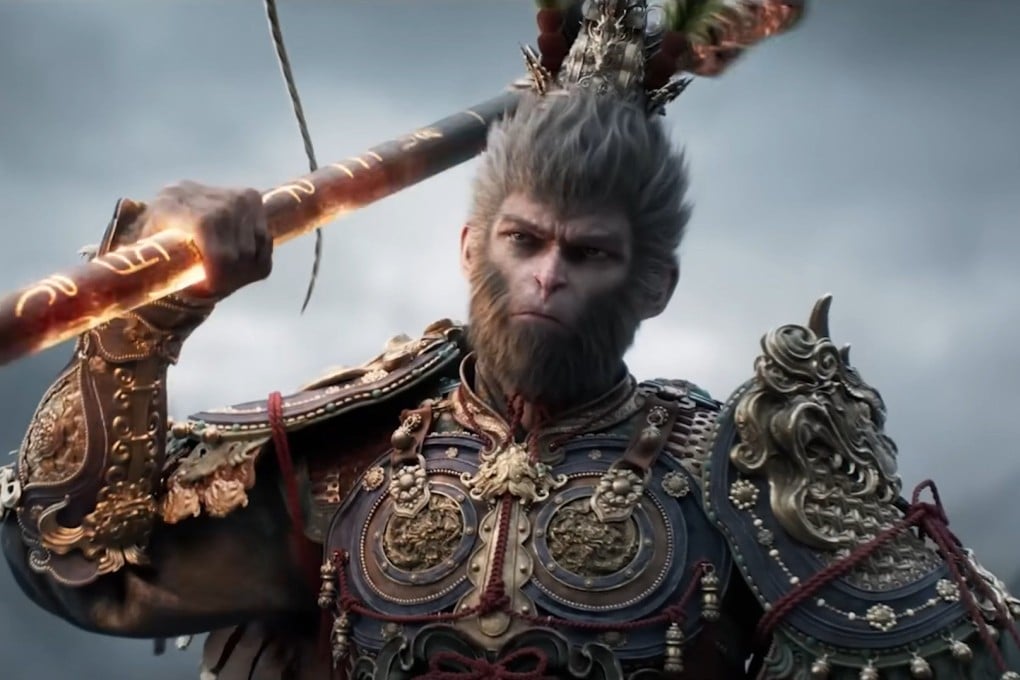Advertisement
Letters | Black Myth: Wukong a harbinger of China’s role in global entertainment industry
Readers discuss the impact of a video game from a Chinese studio, and the benefits of tuning out noise
Reading Time:2 minutes
Why you can trust SCMP

Feel strongly about these letters, or any other aspects of the news? Share your views by emailing us your Letter to the Editor at [email protected] or filling in this Google form. Submissions should not exceed 400 words, and must include your full name and address, plus a phone number for verification
Advertisement
The recent release of the Chinese video game Black Myth: Wukong has captivated the global gaming community and sparked an important conversation about the evolving role of Chinese media and culture globally. This blockbuster title deserves our attention, not just for its technical achievement, but for how it represents the changing dynamics of the international entertainment landscape.
Selling over 4.5 million copies within 24 hours of its launch, Black Myth: Wukong has become an unprecedented success story for the Chinese gaming industry. Rooted in the classic 16th-century Chinese novel Journey to the West, the game’s ability to deliver a uniquely Chinese narrative to a global audience is particularly noteworthy.
However, the game’s popularity has also been accompanied by controversy. The developers’ attempts to prevent certain topics, such as “feminist propaganda”, from being discussed by content creators has understandably raised concerns about censorship. While this may have simply been a misguided effort to avoid sensitive subjects, it nonetheless speaks to the delicate balance between artistic expression and political control that artists in China must navigate.
The success of Black Myth: Wukong should be celebrated as a milestone in the growth and global recognition of Chinese cultural exports. But it also raises critical questions about the extent to which creative freedom can be maintained, even as Chinese media gains greater prominence worldwide. As the entertainment industry continues to globalise, we must remain vigilant in ensuring that diverse voices and perspectives are able to flourish, free from undue restrictions or ideological agendas.
Advertisement
The cultural impact of Black Myth: Wukong cannot be overstated. It is a testament to the richness and creativity of Chinese storytelling, and a harbinger of the increasingly important role that China will play in shaping the future of global entertainment. We would do well to engage with this phenomenon thoughtfully and critically, as it promises to be just the first of many such cultural exchanges to come.

Advertisement